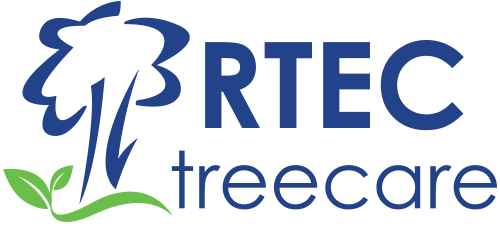Imagine this – it’s Labor Day weekend and your family is coming by for one last summer get-together. The weather is perfect; the once sweltering days have finally cooled down to a comfortable warmth. You can’t wait to host the celebration in your yard! There’s just one problem – your entire yard is utterly drenched in the sticky sap excretions of the spotted lanternfly.
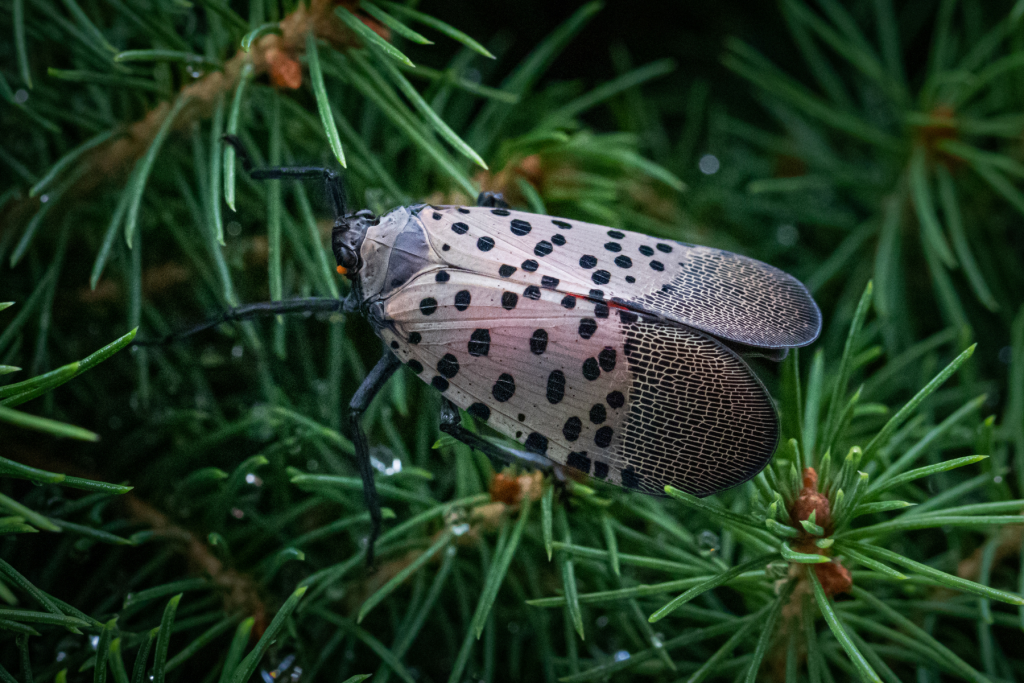
The spotted lanternfly (Lycorma delicatula) is an invasive pest that threatens the sanctity of every yard it enters. Originally native to China, this hitchhiker is known for its ability to travel long distances. It can attach itself (and its egg masses) to a plethora of surfaces (cars, packages, timber, etc.). Since the first USA spotting in Pennsylvania in 2014, they have spread to at least 11 states: Connecticut, Delaware, Indiana, Maryland, Massachusetts, New Jersey, New York, Ohio, Pennsylvania, Virginia, and West Virginia – and they aren’t stopping. In fact, the infestations are so severe that people have had to cancel entire events, including special days like weddings and graduations.
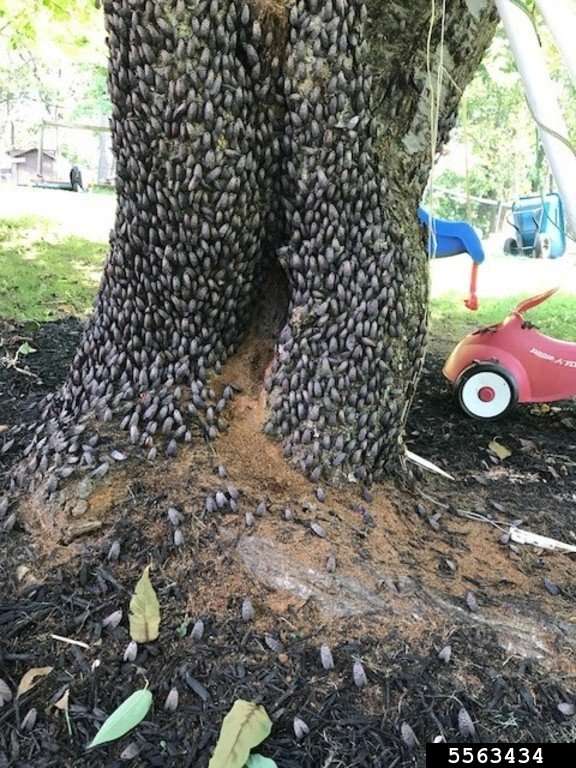
What is the Risk?
Spotted lanternflies are infesting new areas quickly, and the threat is closing in on us. Thus, the layers of sap over your patio are just the beginning of their terror. Similar to aphids or scale, these one-inch large bugs excrete a sticky fluid – commonly referred to as “honeydew”. They can spread it onto plants, cars, outdoor furniture, and virtually anything they come into contact with. The honeydew possesses a fermented odor and can fuel the growth of sooty mold on your plants. Henceforth, plants face a significant threat from the fungi growth and the stress of hundreds of spotted lanternflies feeding on it.
Not only are your quality of life and backyard at risk, but so is our food system. Currently, the effects of spotted lanternflies impacts both the forestry and agriculture industries. According to economists, there can be billions of dollars in damages if this pest is not maintained.
Do you see any of your favorites here? They’re at risk.
Agricultural:
- Almonds
- Apples
- Apricots
- Cherries
- Grapes
- Hops
- Nectarines
- Peaches
- Plums
Forestry:
- Maple Trees
- Oak Trees
- Pine Trees
- Poplar Trees
- Sycamore Trees
- Walnut Trees
- Willow Trees
Interestingly, the host plant of choice among spotted lanternflies is the tree of heaven (Ailanthus altissima). The tree of heaven is also an invasive species. One would think this is a match made in heaven – having one invasive species take out the other, however, this is not the case. Even if we were to remove all of the trees of heaven, there are still over 70 other species known to host these nuisances. Our only choice is to take action.
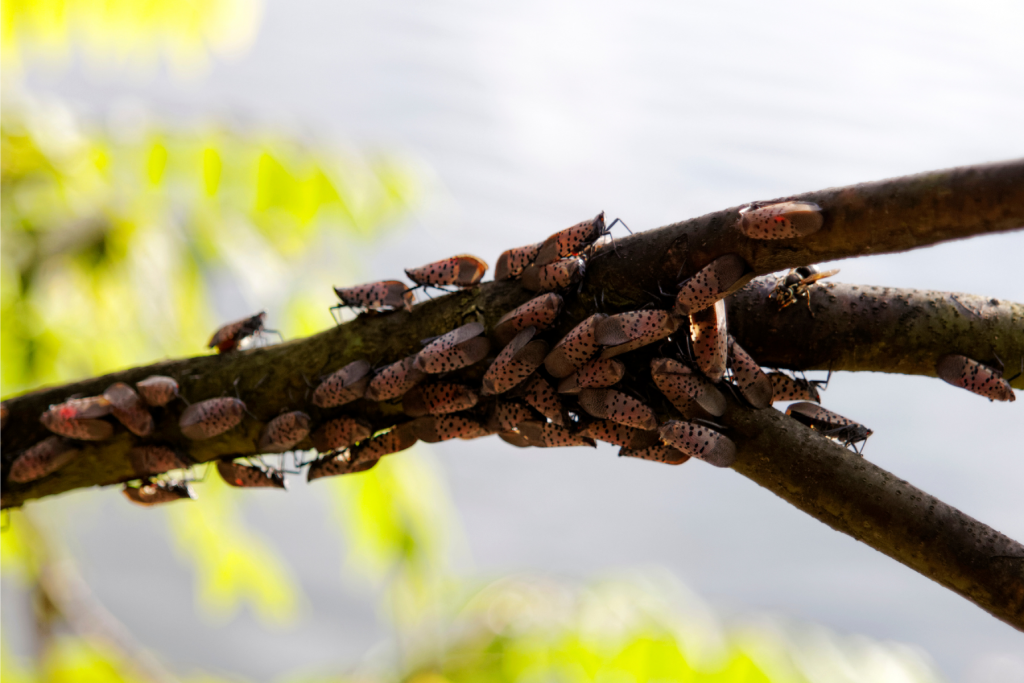
What is Being Done?
The United States Department of Agriculture – Animal and Plant Health Inspection Service (USDA-APHIS) has issued quarantines for the areas where heavy infestations of spotted lanternflies have been identified. In effect as of July 8th, the Virginia Department of Agriculture and Consumer Services (VDACS) has declared a quarantine for Prince William County, Manassas, Winchester, Warren county, and more. Consequently, areas under quarantine are subjected to regulations for transporting high-risk material that may bring the spotted lanternfly into non-infested areas.
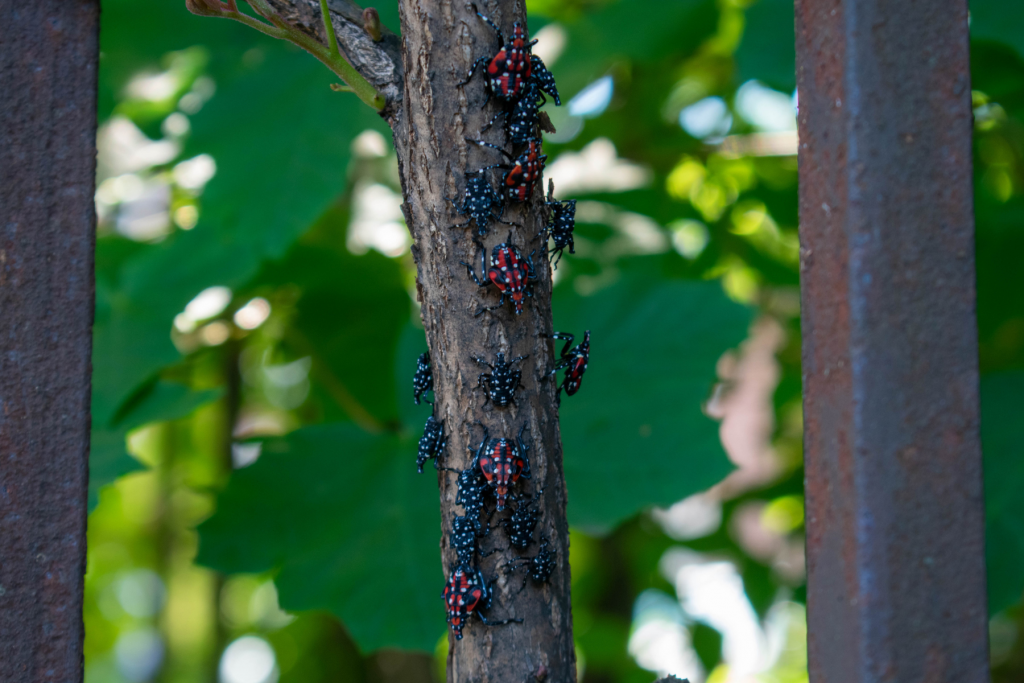
What You Can Do:
The USDA-APHIS recommends removing and killing spotted lanternflies, “Crush nymphs and adult insects. Scrape egg masses into a plastic bag containing hand sanitizer or rubbing alcohol to kill them.” If you can confidently identify the spotted lanternfly in its various stages, you can take direct action to get rid of them. Contrarily, if you have a large population on your property, it will be most effective to leave treatments up to the professionals. That is why we have designed the Spotted Lanternfly Population Intensive Smart-Treat™ Regimen to protect your trees. Our program is designed to prevent the stress damage to your tree from the inside-out. We are here to help you keep your yard safe and functional.
Here are some other vital actions that you can take to protect our area:
- Report sightings of any spotted lanternflies directly to the Virginia Department of Agriculture and Consumer Services here.
- If traveling to infested areas, be sure to leave your car windows up.
- Inspect yourself and your belongings before traveling. Here is a handy checklist to go over if you are planning to travel to a quarantined area.
Just because the spotted lanternfly is coming doesn’t mean you or your trees have to suffer! Speak to our arborist about our Plant Health Care Inspections so that a professional is regularly looking out for these pests. Already seeing these pests? Call us at 703-573-3029 to learn more about our Spotted Lanternfly Population Intensive Smart-Treat™ Regimen!
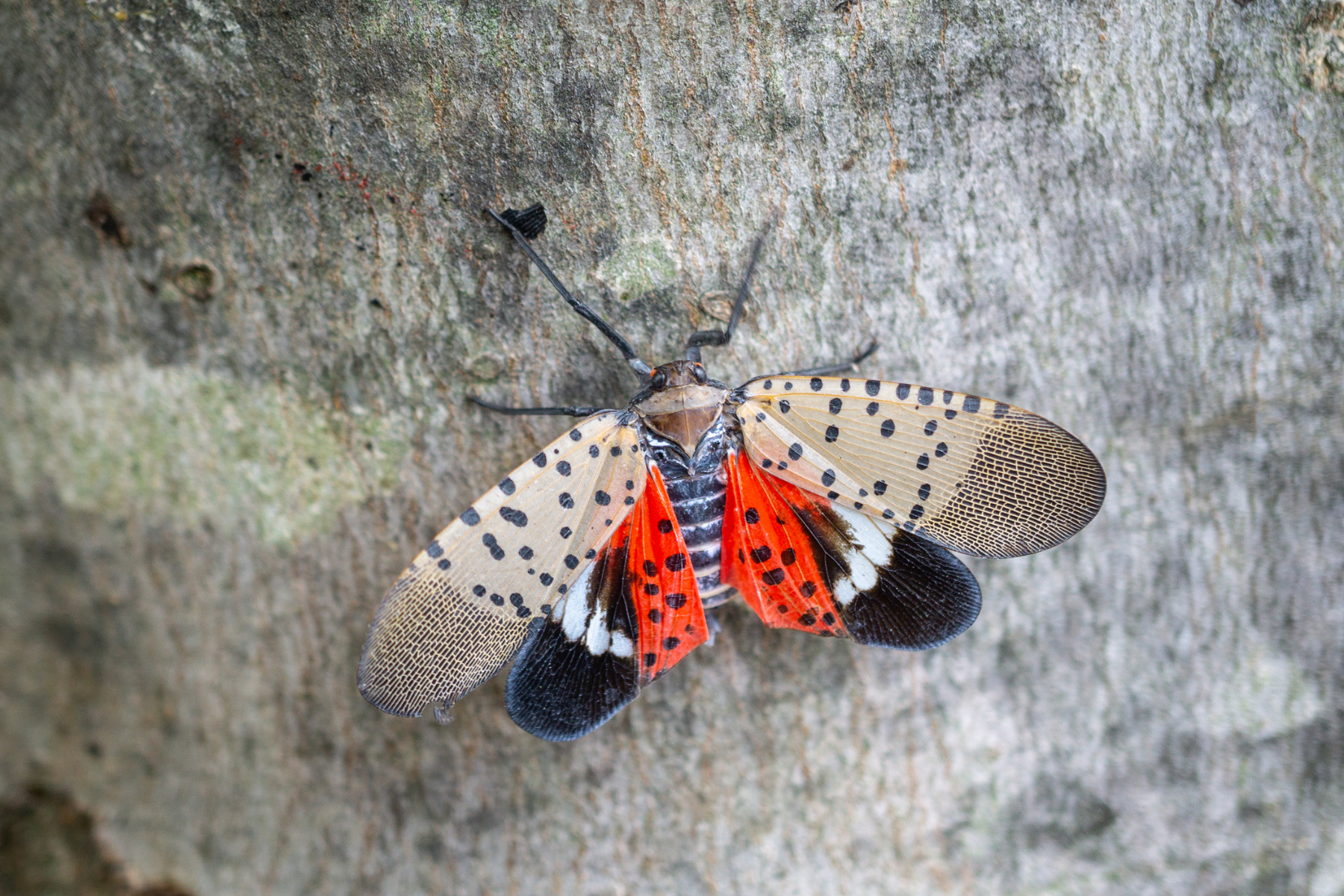
Noticing This Bug?
We’ve got you covered. Schedule with a certified arborist today!
